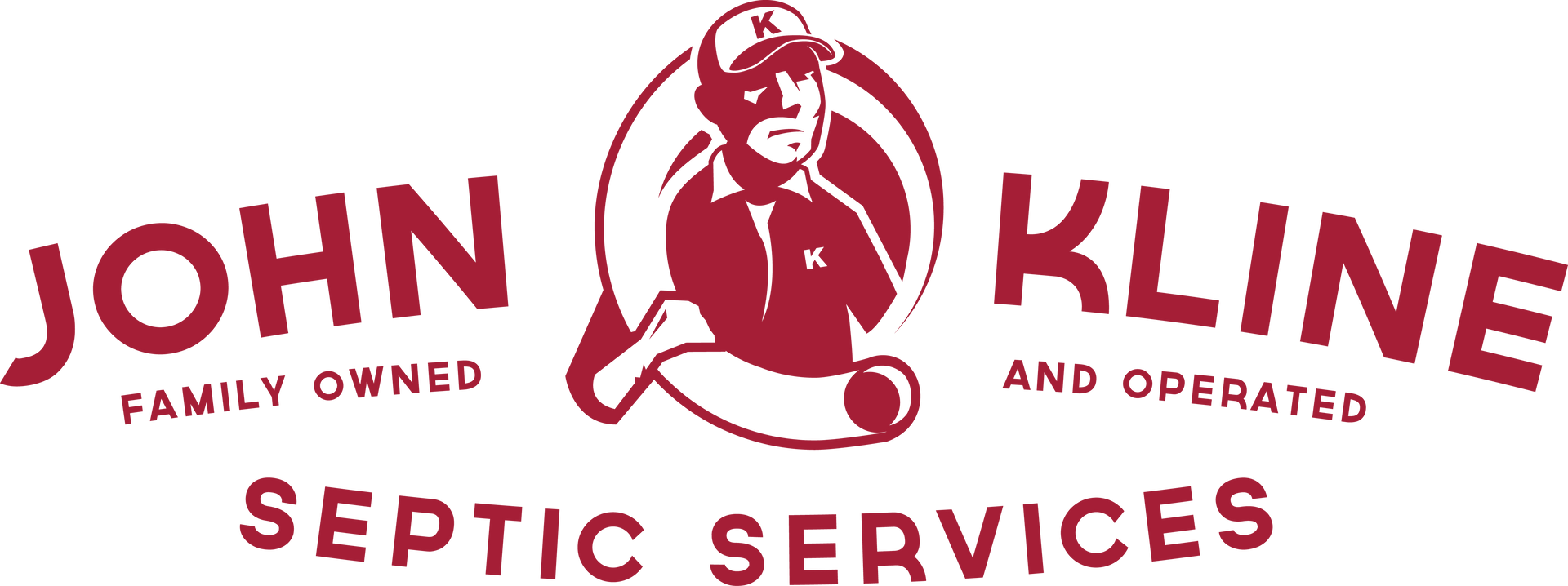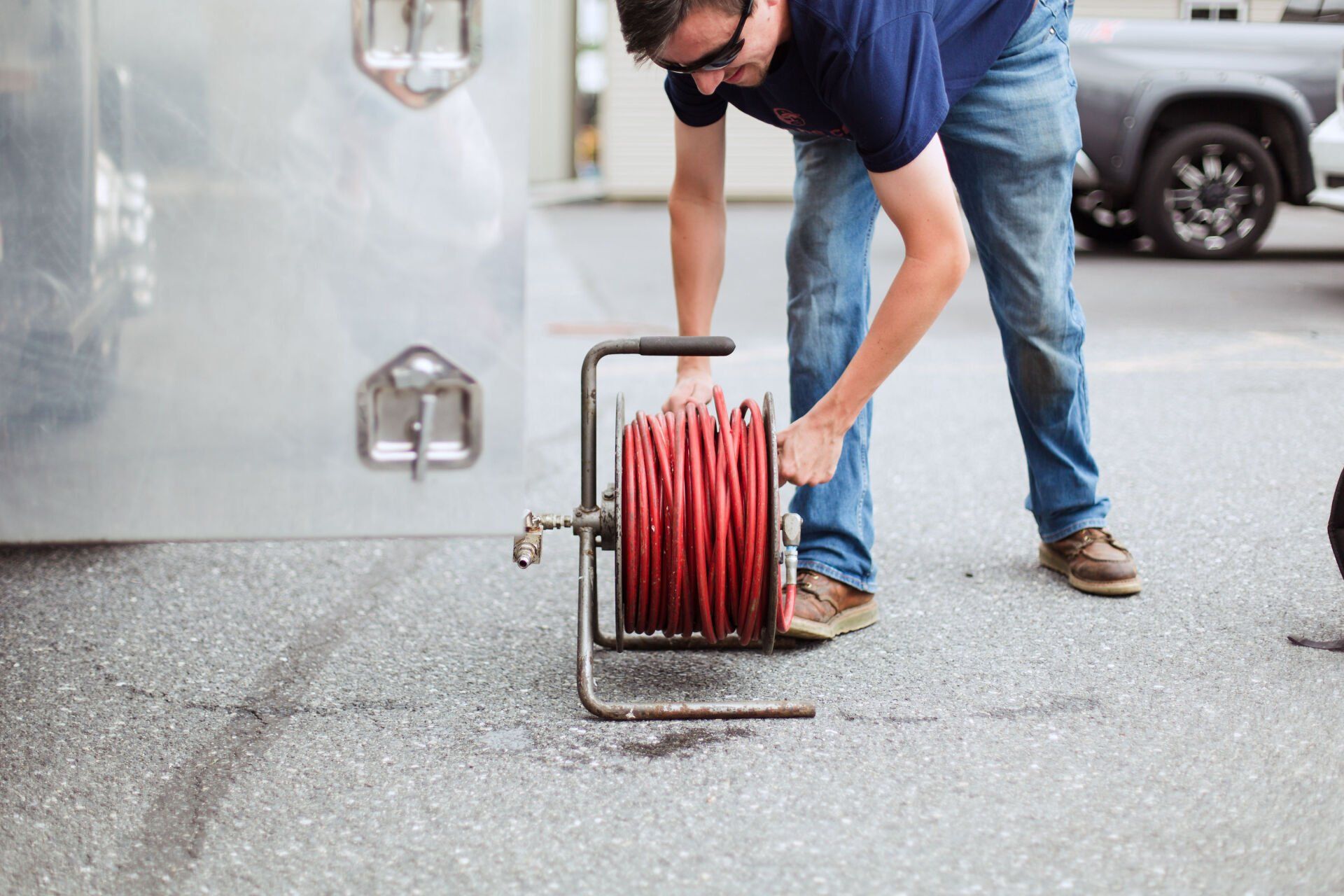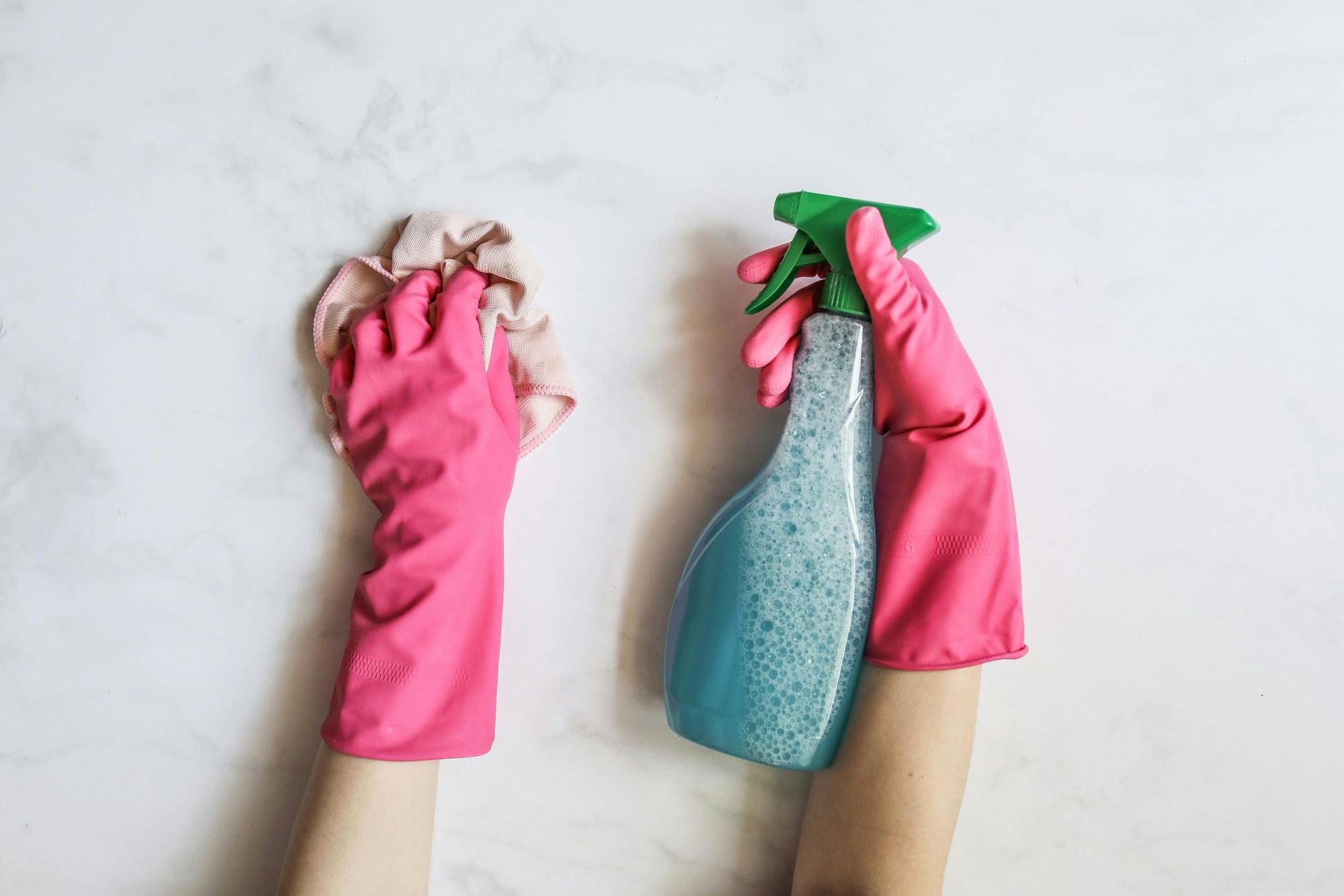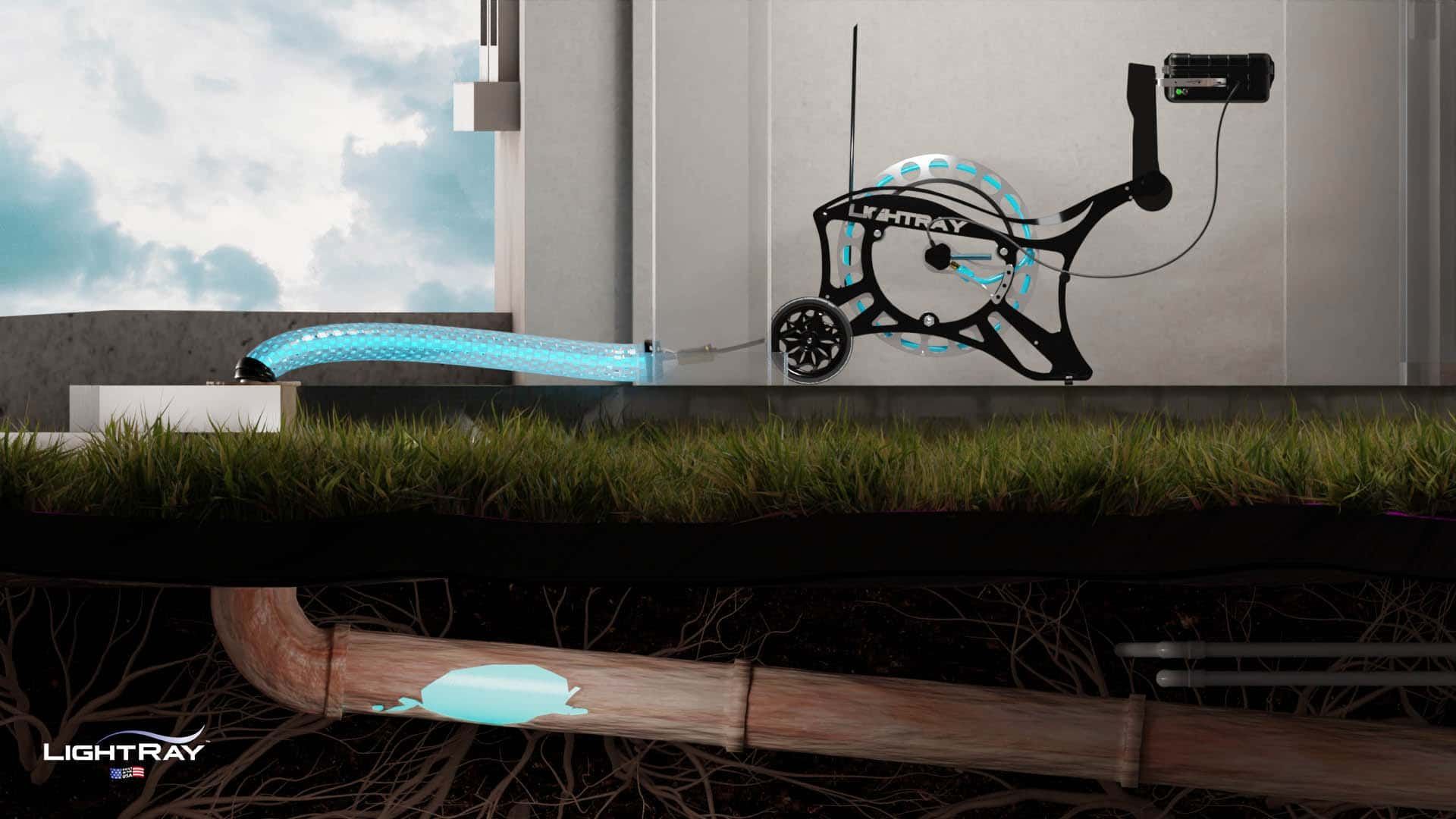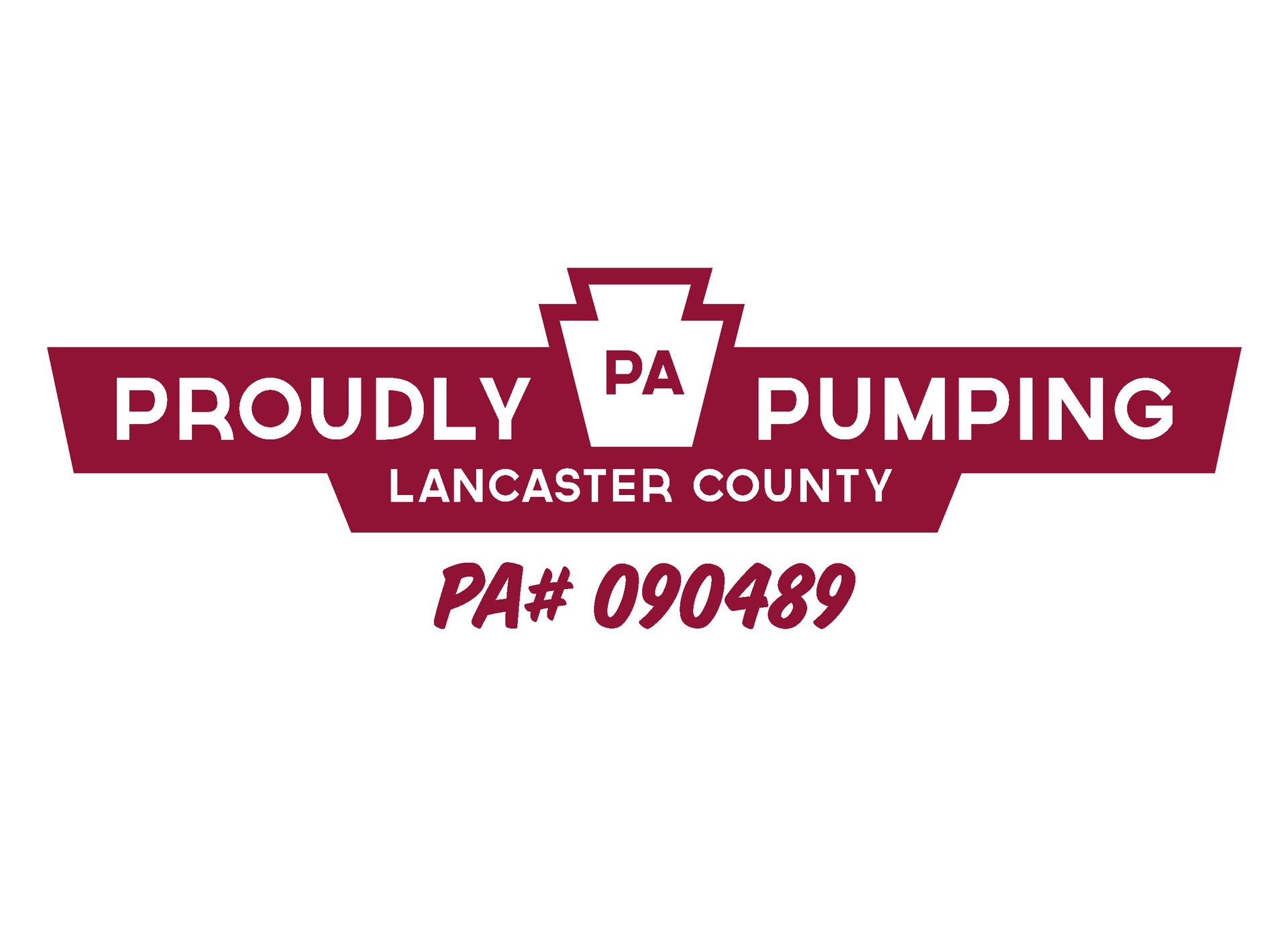Baby Boomers: Maintaining Your Property and Your Septic System Over the Decades
Helpful tips for long term homeowners
According to real estate expert Sean Becketti, chief
economist of Freddie Mac, Baby Boomers are staying in the family home longer
than previous generations. If you fall into this category, it’s likely you
purchased your home in the 80’s or 90’s during the real estate boom. If your home
was new, it’s now 20+ years old and if it was built prior to 1980 you’ve
probably already replaced your roof and who knows what else. But have you ever
given thought to your septic system?With proper maintenance your septic system shouldn’t need to
be replaced, but it does require regular pumping to function properly. Most
homes built since 1980 have 1000 gallon septic tanks which require pumping
every 3 years, but older homes often have smaller tanks that require pumping
more frequently. If you’re not sure about your septic tank size, we’re happy to
perform a site visit and draw you a map locating your septic tank and other
components.Regardless of your tank size, it’s important to make note of
your township’s regulations. Some townships require mandatory pumping every 2-4
years. When this is the case, our technicians will complete a manifest (report)
and deliver it to your township so you can rest assured your pumping is on
record. To see if your township requires mandatory pumping, click here.
Aside from routine pumping, it’s important to treat your
septic system with care. NEVER place these harmful products or foreign objects
into your septic system!
- Gasoline, oil or other petroleum products
- Cooking grease and oils
- Paint, paint thinner or solvents
- Products with high levels of phosphorous (often found in
laundry detergents, cleaning supplies etc.)
- Large quantities of bleach, concentrated cleaners or
anti-bacterial products
- Feminine products, makeup removing wipes or baby wipes
Here are some additional tips to make keep your septic system healthy for years to come: Conserve water. Reducing the water flow into the system produces less agitation within the tank, keeping the solid waste at the bottom of the tank. Keeping the solids in the tank prolongs drainfield life. Read product labels carefully. Make sure they are safe for your septic system. Many will actually be labeled, “Septic System Friendly" but there is no such thing as a “Flushable” wipe! Use the strainer in your kitchen sink. This will help prevent large food particles from going down the drain and causing a backup. If you have a garbage disposal, use it sparingly! Garbage disposals can increase the amount of solids in your septic tank by up to 50%.For additional maintenance tips and information, click here.
